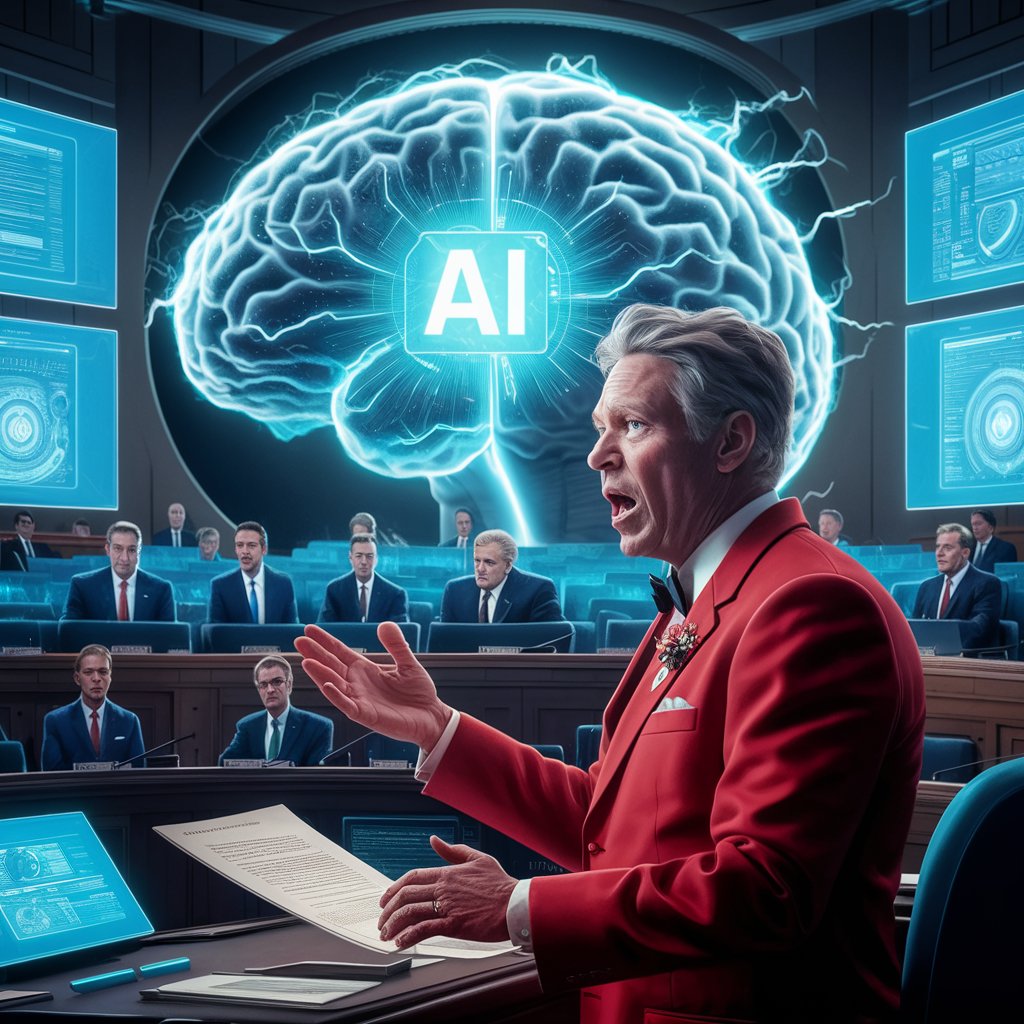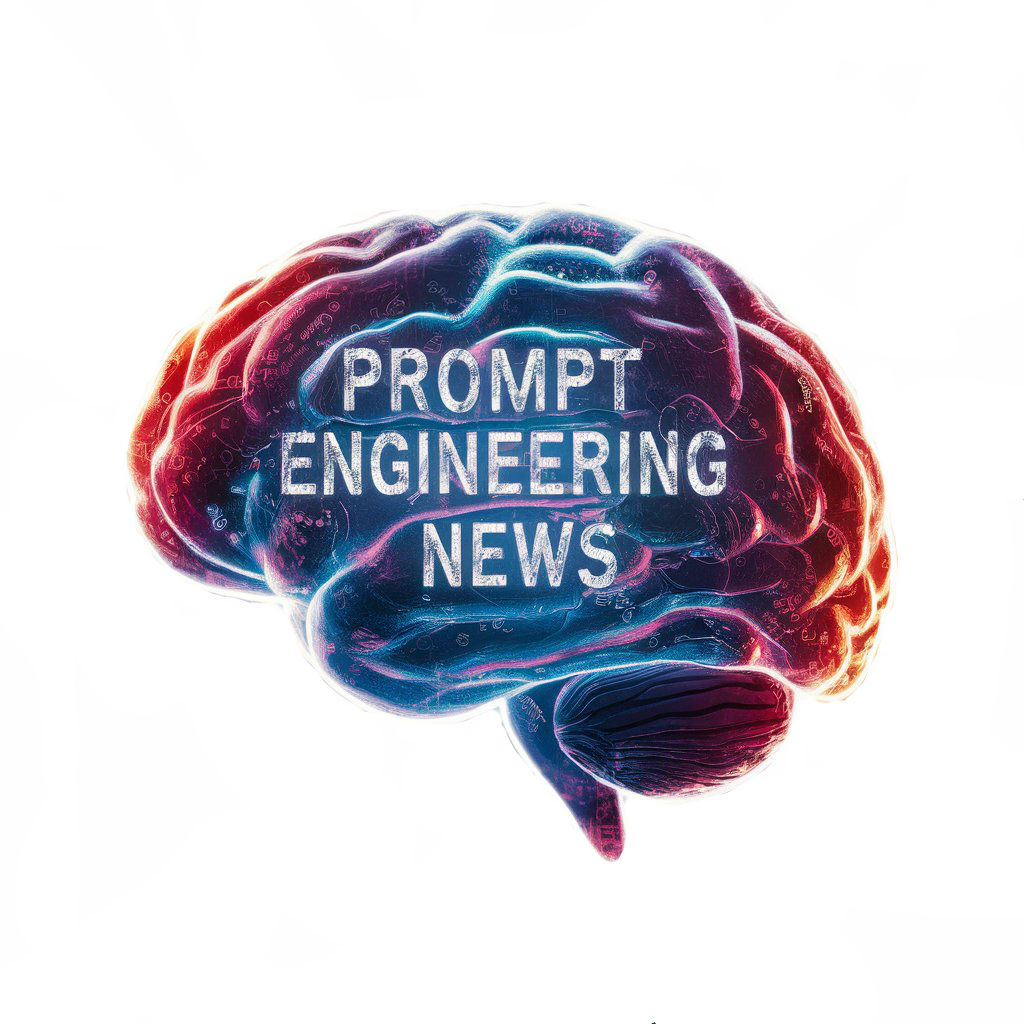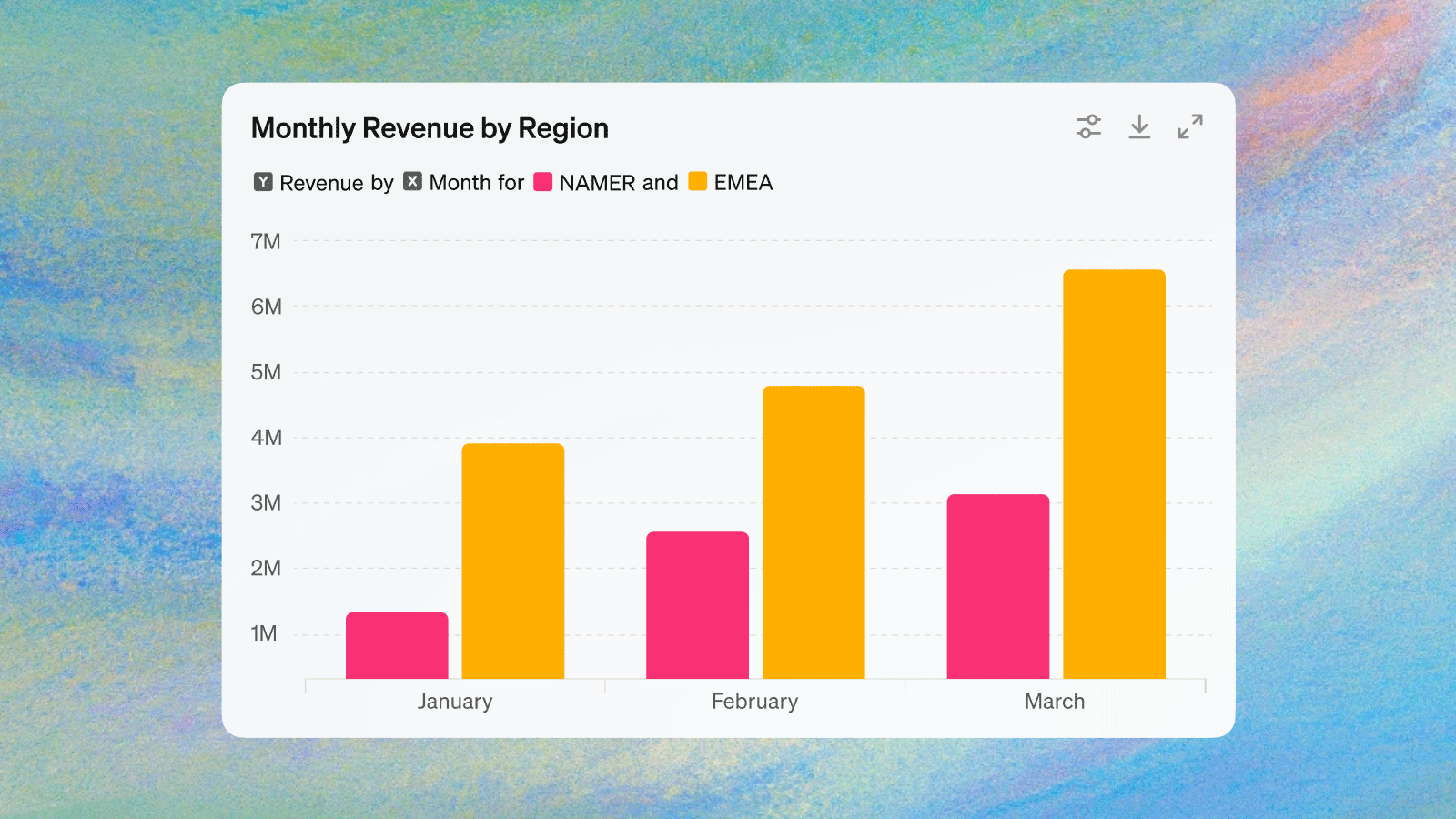WASHINGTON (AP) — A bipartisan group of four senators, led by Majority Leader Chuck Schumer, has recommended that Congress dedicate at least $32 billion over the next three years to the development of artificial intelligence (AI) and implement safeguards to mitigate risks associated with its rapid advancements.
The group, composed of two Democrats and two Republicans, has released a 33-page report, emphasizing the need for regulatory frameworks and incentives to fuel innovation while addressing concerns over the technology’s potential adverse effects. The senators – Schumer (D-N.Y.), Martin Heinrich (D-N.M.), Mike Rounds (R-S.D.), and Todd Young (R-Ind.) – have called for emergency funding to boost U.S. investments in AI research, development, and testing to better understand its potential threats.

The group’s efforts come amid growing concerns about the pace of AI developments, with the U.S. facing stiff competition from countries like China. Prominent tech executives, such as Alphabet CEO Sundar Pichai and Facebook CEO Mark Zuckerberg, attended private forums convened by Schumer, during which they encouraged government oversight of AI technology.
While some experts warned that the U.S. is lagging behind many other countries, including the EU, which has approved a comprehensive AI law regulating high-risk applications, other critics argue that the Senators’ road map is insufficiently tough on tech companies.
Schumer emphasized the need for balance between innovation and safeguards, while Sen. Heinrich highlighted the urgency of action, given the global implications of U.S. leadership in the AI space. The proposal is now being reviewed by Senate committees, with upcoming legislation focusing on AI-influenced federal elections.
Experts such as Alexandra Reeve Givens, CEO of the Center for Democracy & Technology, encouraged Congress to act, underscoring the need for responsible AI development. Counterarguments have emerged, particularly from advocacy groups pushing for tighter AI safeguards and civil rights protections.
The differing perspectives highlight the complexity surrounding AI regulation, as tensions arise between industry priorities, national security concerns, and the need for responsible technology development.




